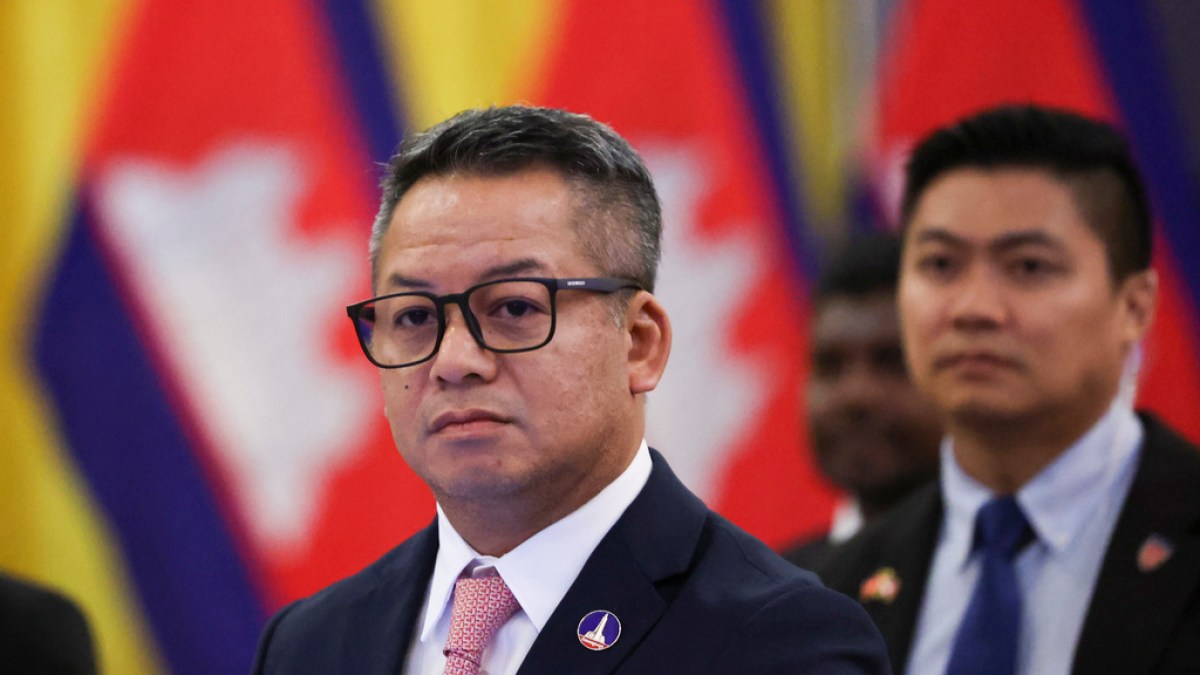Four days of talks between Cambodia’s Tea Seiha and Thailand’s acting defense minister Nattaphon Narkphanit were concluded on Thursday in Kuala Lumpur with a joint pledge to keep a freeze on border troop movements and patrols.
The two nations have had decades of fighting over their 817 km (508 miles) undefined land border, with the most recent conflict arising from a landmine explosion that injured five Thai soldiers last month, which resulted in the deaths of at least 43 people.
In a joint statement from the so-called General Border Committee, each nation will establish its own interim observer team led by current chair Malaysia, which will coordinate the deployment of a formal observer mission.
In a statement on Thursday, US Secretary of State Marco Rubio said the developments were an “important step forward in solidifying the ceasefire arrangement and establishing the ASEAN observation mechanism.”
Rubio stated, “President Trump and I demand that Cambodia’s and Thailand’s governments fully fulfill their commitments to end this conflict.”
Donald Trump, the president of the United States, had warned the nations that he would not enter trade agreements with them if the fighting persisted, prompting the July 28 ceasefire. Beginning this month, Washington gradually lowered tariffs on goods between the two nations from 36% to 19%.
Trump was nominated for the Nobel Peace Prize by Cambodian Prime Minister Hun Manet on Thursday, lauding him for his “extraordinary statesmanship” and “visionary and innovative diplomacy” in a letter to the Norwegian Nobel Committee.
He claimed that this timely intervention, which prevented a potentially devastating conflict, had a significant impact on the prevention of significant casualties and helped pay for the return of peace.
Shaky deal
In the first few days following its implementation, Thailand and Cambodia initially raised accusations that they had broken international humanitarian law and had violated the agreement.
The issue of 18 Cambodian soldiers who were taken just hours after the ceasefire was in effect continues to be a sticking point despite the fact that both sides have since extended the flimsy agreement.
Thailand had accused Cambodia of treating the men who were initially numbered 20 and had had two of the injured members repatriated on Friday. Authorities in Thailand called the group “prisoners of war” and said they would only be freed and repatriated once the conflict had ended.
Although the joint statement did not specifically address them, it stated that the captives should be “immediately released and repatriated after active hostilities have ended.”
Source: Aljazeera

Leave a Reply